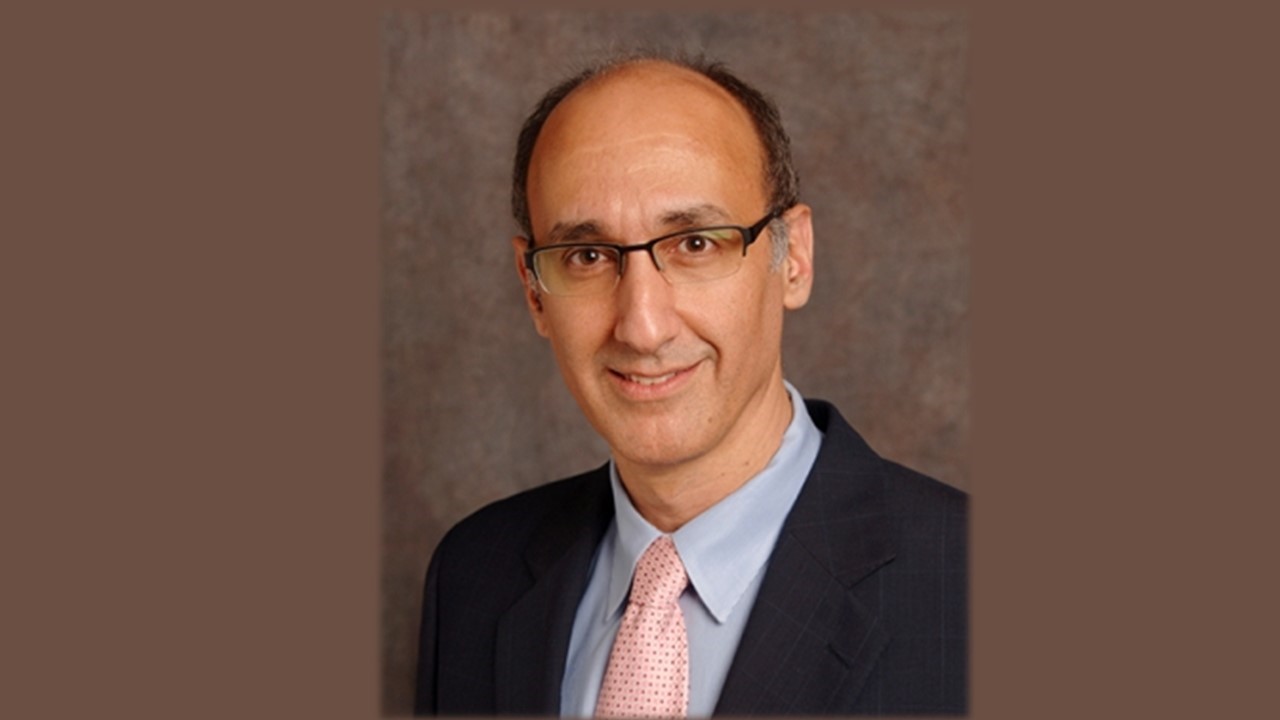We hope you will join us for our next Distinguished Scientist lecture featuring Jonathan Javitch, MD, PhD.
Half of patients with major depressive disorder (MDD) are inadequately treated by available interventions, likely as a result of the heterogeneity of depression and the lack of biomarkers for stratification into distinct subtypes. We discovered that the atypical antidepressant tianeptine is a partial agonist at the mu opioid receptor (MOR). The acute and chronic antidepressant-like behavioral effects of tianeptine in mice require MOR. While tianeptine produces opiate-like behavioral effects such as analgesia and reward, it does not lead to tolerance or withdrawal. Unlike fluoxetine, tianeptine induces rapid antidepressant-like effects in mice after as little as one week of treatment. Endogenous opioids act at MOR in response to social rejection, and this response is blunted in some depressed individuals. In addition, healthy individuals with high rejection sensitivity (RS) also show reduced MOR activation. We hypothesize that a subgroup of MDD patients with deficient opioid receptor signaling will better respond to pharmacological interventions specifically targeting this biological mechanism, and we have initiated a clinical trial to test this hypothesis.
Lectures will be offered as a hybrid event. Seating is available in the UPMC Western Psychiatric Hospital Auditorium (masking is required to attend). To participate via Zoom, please click on this link and enter the following information:
Meeting ID: 977 2692 6029
Passcode: 102391
For More Information. Please contact Frances Patrick at patrickfm@upmc.edu.
CONTINUING EDUCATION CREDITS. The entirety of this program will be a lecture by the speaker(s). All individuals able to control the content of this educational activity are required to disclose all relevant financial relationships with any proprietary entity producing, marketing, re-selling, or distributing health care goods or services, used on, or consumed by, patients. Registration is not required for this event. This event is free and there will be no refunds. The University of Pittsburgh is an affirmative action, equal opportunity institution. The University of Pittsburgh School of Medicine is accredited by the Accreditation Council for Continuing Medical Education to provide continuing medical education for physicians. The University of Pittsburgh School of Medicine designates this educational activity for a maximum of 1.5 AMA PRA Category 1 CreditsTM. Each physician should only claim credit commensurate with the extent of their participation in the activity. Other health care professionals are awarded .15 continuing education units (CEUs), which are equal to 1.5 contact hours. In accordance with Accreditation Council for Continuing Medical Education requirements on disclosure, information about relationships of presenters with commercial interests (if any) will be included in materials which will be distributed at the time of the conference. WPH is approved by the American Psychological Association to offer continuing education for psychologists. WPH maintains responsibility for this program and its contents. This program is being offered for 1.5 continuing education credits. The indicated number of clock hours of continuing education is provided through UPMC Western Psychiatric Hospital’s Office of Educational Resources and Planning, a PA-approved provider of social work continuing education in accordance with all the applicable educational and professional standards of the Pennsylvania State Board of Social Workers, Marriage and Family Therapist. These clock hours satisfy requirements for LSW/LCSW, LPC and LMFT renewal. For more information, call (412) 204-9085.

